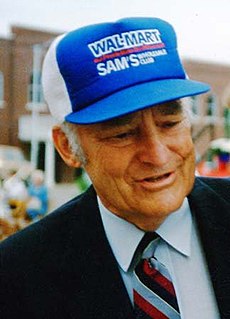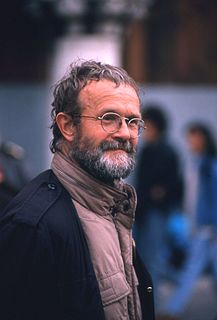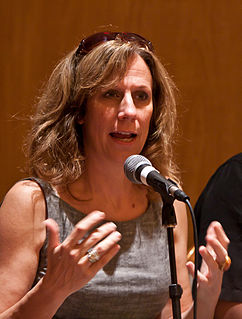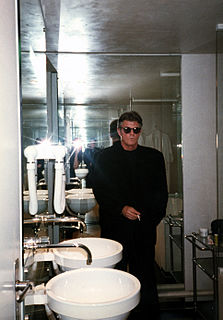A Quote by Astrid Kirchherr
I didn't take that many pictures of The Beatles, but I did photograph them before anybody else knew about them, and that makes me proud. I saw something in them.
Related Quotes
It just annoyed me that people got so into the Beatles. "Beatles, Beatles, Beatles." It's not that I don't like talking about them. I've never stopped talking about them. It's "Beatles this, Beatles that, Beatles, Beatles, Beatles, Beatles." Then in the end, it's like "Oh, sod off with the Beatles," you know?
I learned early on that one of the secrets to campus leadership was the simplest thing of all: speak to people coming down the sidewalk before they speak to you. I did that in college. I did it when I carried my papers. I would always look ahead and speak to the person coming toward me. If I knew them, I would call them by name, but even if I didn't I would still speak to them. Before long, I probably knew more students than anybody in the university, and they recognized me and considered me their friend.
I could learn photography. That could be something to want. I could photograph children. I could have my own children. I would give them yellow roses. And if they got too loud, I would just put them some place quiet. Put them in the oven. And I would kiss them every day, and tell them you don't have to be anybody, because I would know that being somebody doesn't make you anybody anyway.
We buy things. We wear them or put them on our walls, or sit on them, but anyone who wants to can take them away from us. Or break them.
...
Long after he's dead, someone else will own those stupid little boxes, and then someone after him, just as someone owned them before he did. But no one ever thinks of that: objects survive us and go on living. It's stupid to believe we own them. And it's sinful for them to be so important.
What I want is the world to remember the problems and the people I photograph. What I want is to create a discussion about what is happening around the world and to provoke some debate with these pictures. Nothing more than this. I don't want people to look at them and appreciate the light and the palate of tones. I want them to look inside and see what the pictures represent, and the kind of people I photograph.
Nothing is more debilitating than to care about something you can't do anything about. And you can't do anything about your adult children. You can want better for them, and maybe even begin to provide something for them, but in the long run, you cannot do anything about someone else's vibration other than hold them in the best light you can, mentally, and then project that to them. And sometimes, distance makes that much more possible than being up close to them.
The kind of loving women and men have in them and the ways it comes out from them makes for them the bottom nature in them, gives to them their kind of thinking, makes the character they have all their living in them, makes them then their kind of women and men and there are always many millions made of each kind of them.
I liked AC/DC," Lee said. "If you were going to shoot someone, you'd really want to do it while you were listening to them." "What about the Beatles? Did you feel like shooting anyone listening to them?" Lee considered seriously for a moment, then said, "Myself." At the same time he was laughing, Ig was distressed. Not liking the Beatles was almost as bad as not knowing about them at all.
There's something arbitrary about taking a picture. So I can stand at the edge of a highway and take one step forward and it can be a natural landscape untouched by man and I can take one step back and include a guardrail and change the meaning of the picture radically... I can take a picture of a person at one moment and make them look contemplative and photograph them two seconds later and make them look frivolous.




































